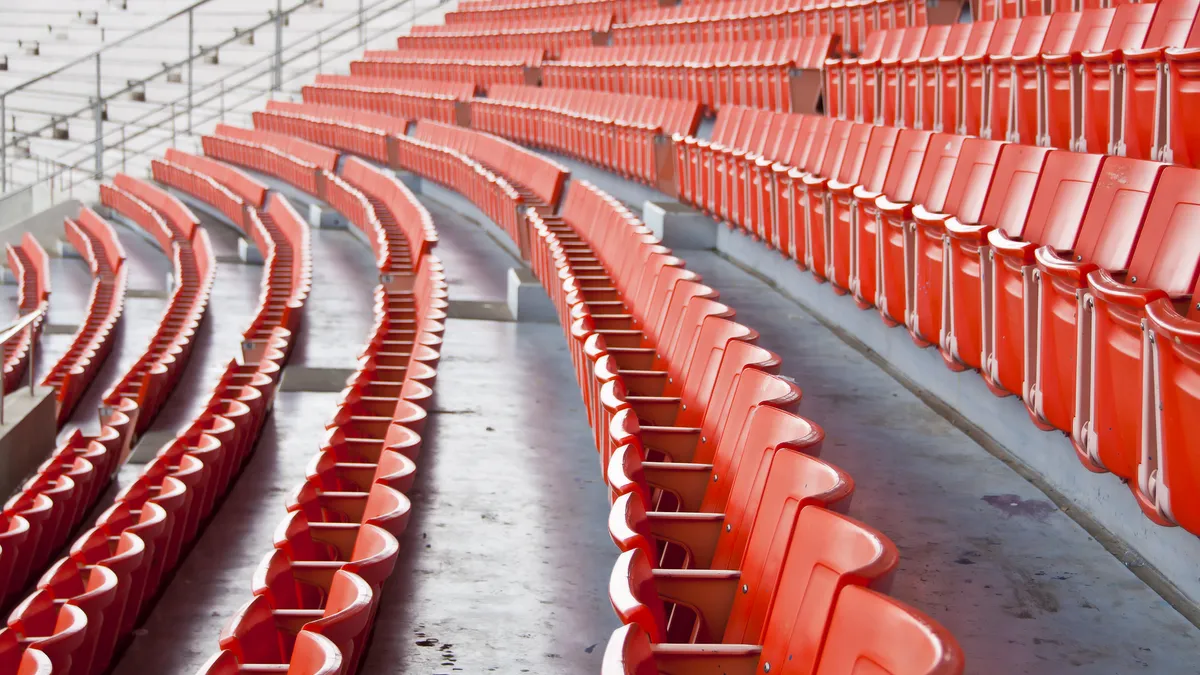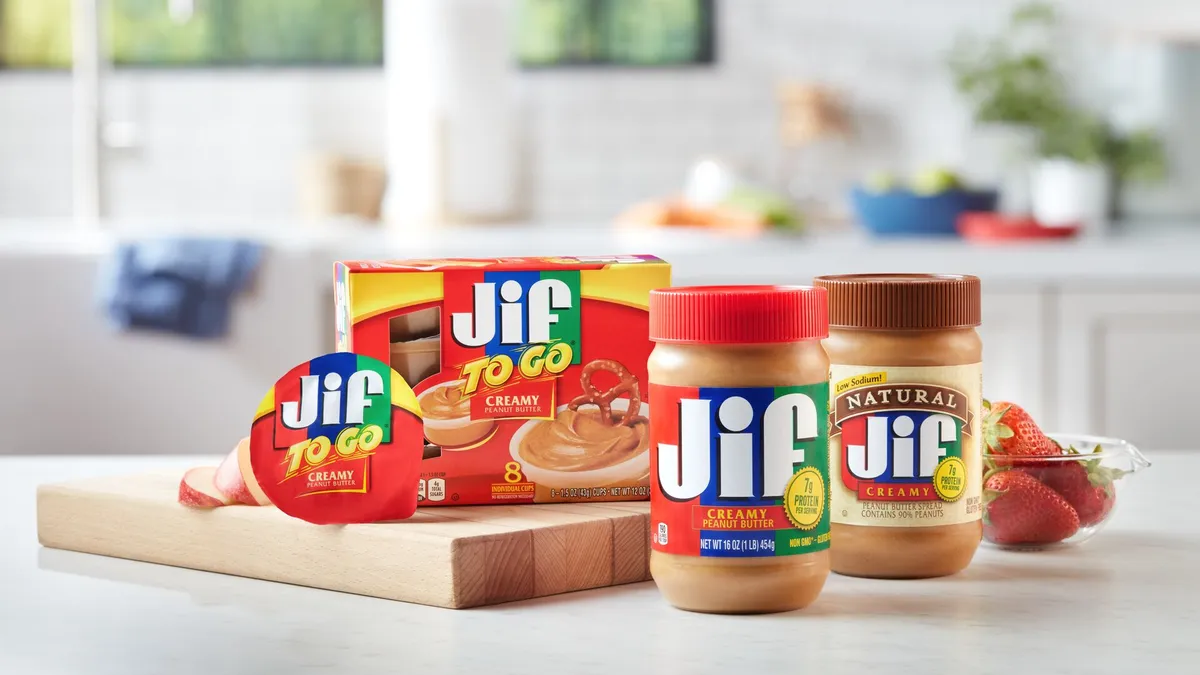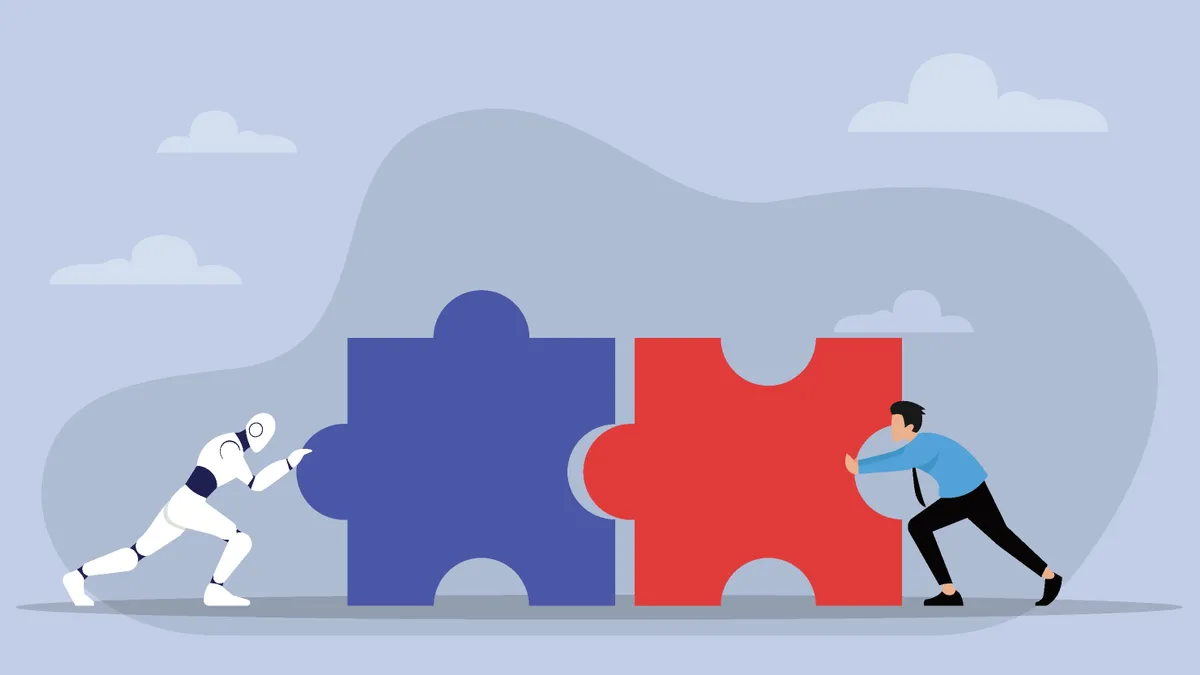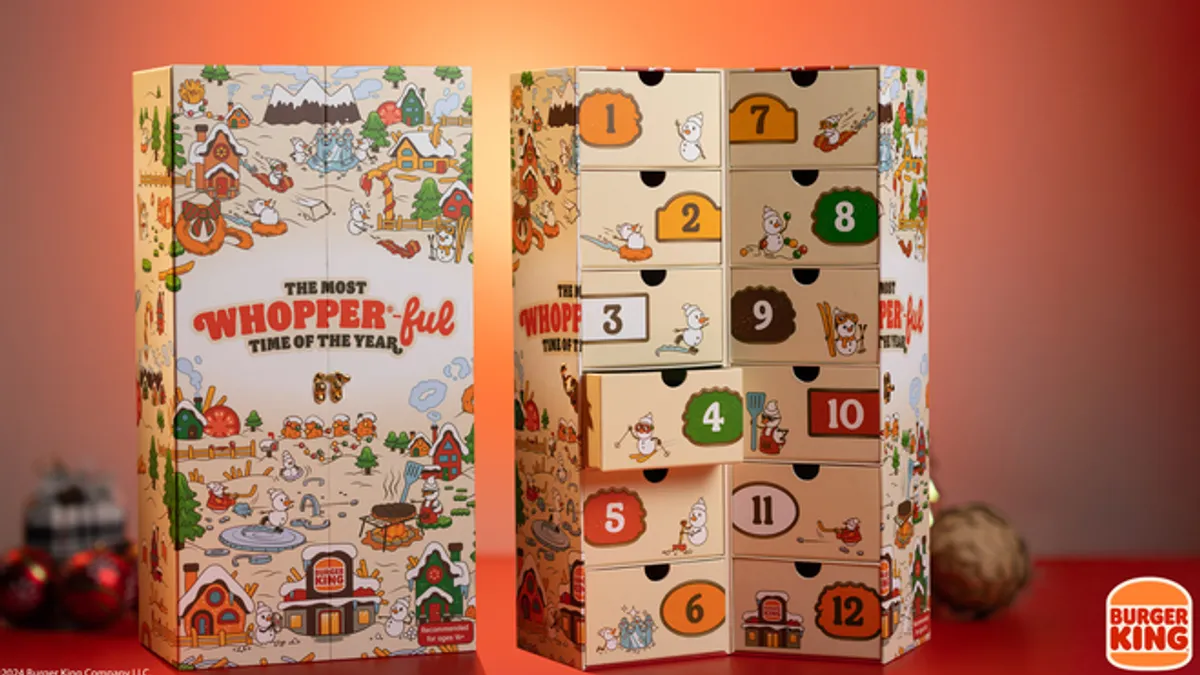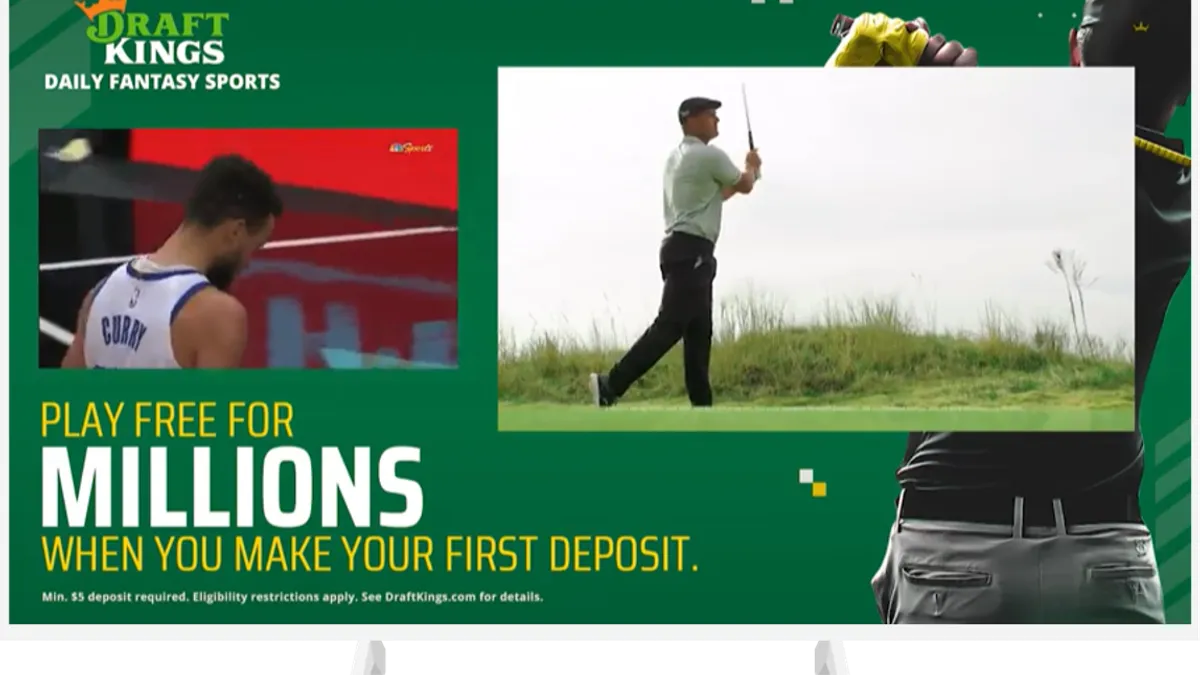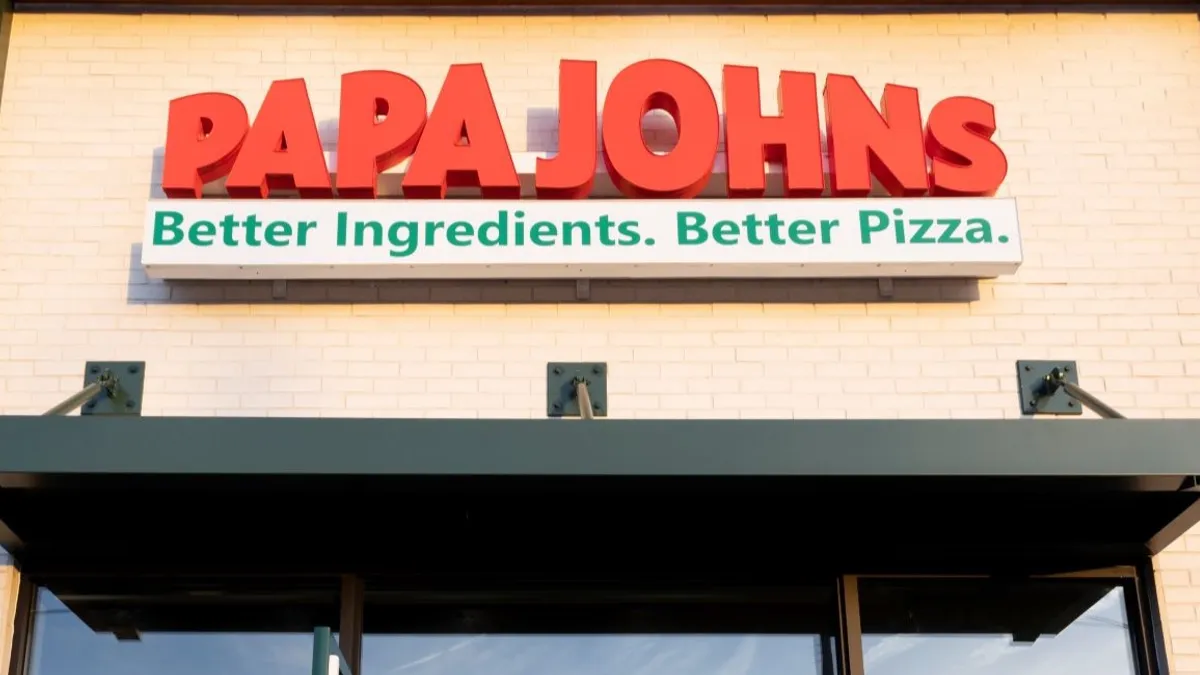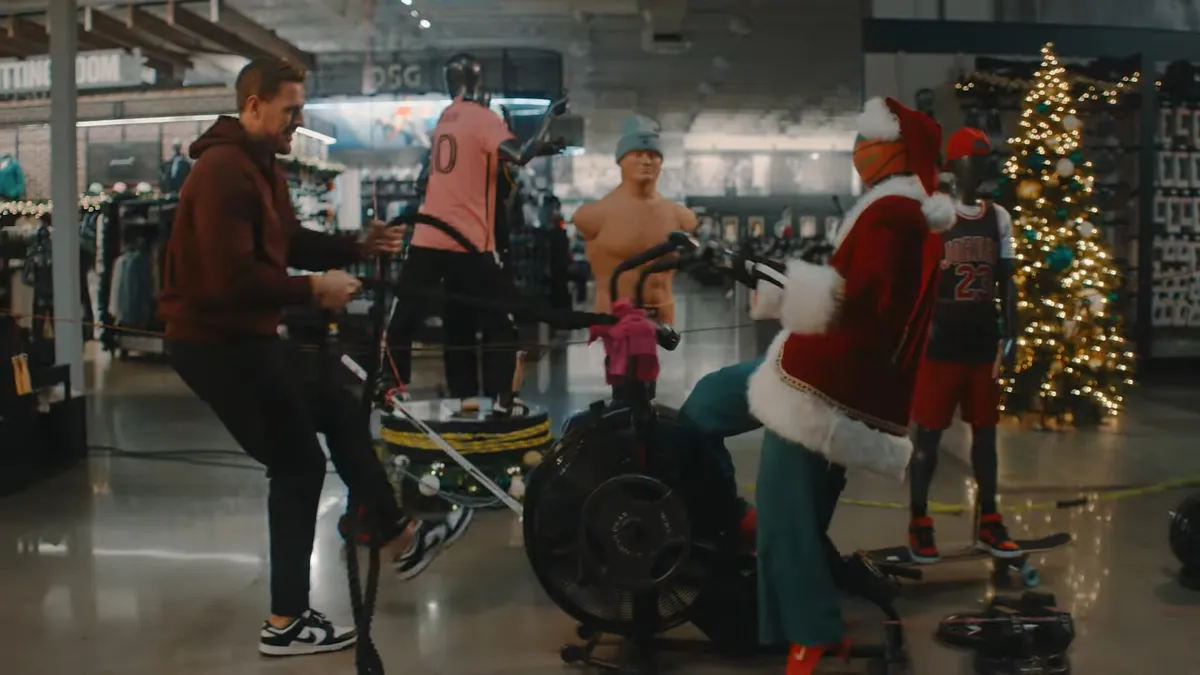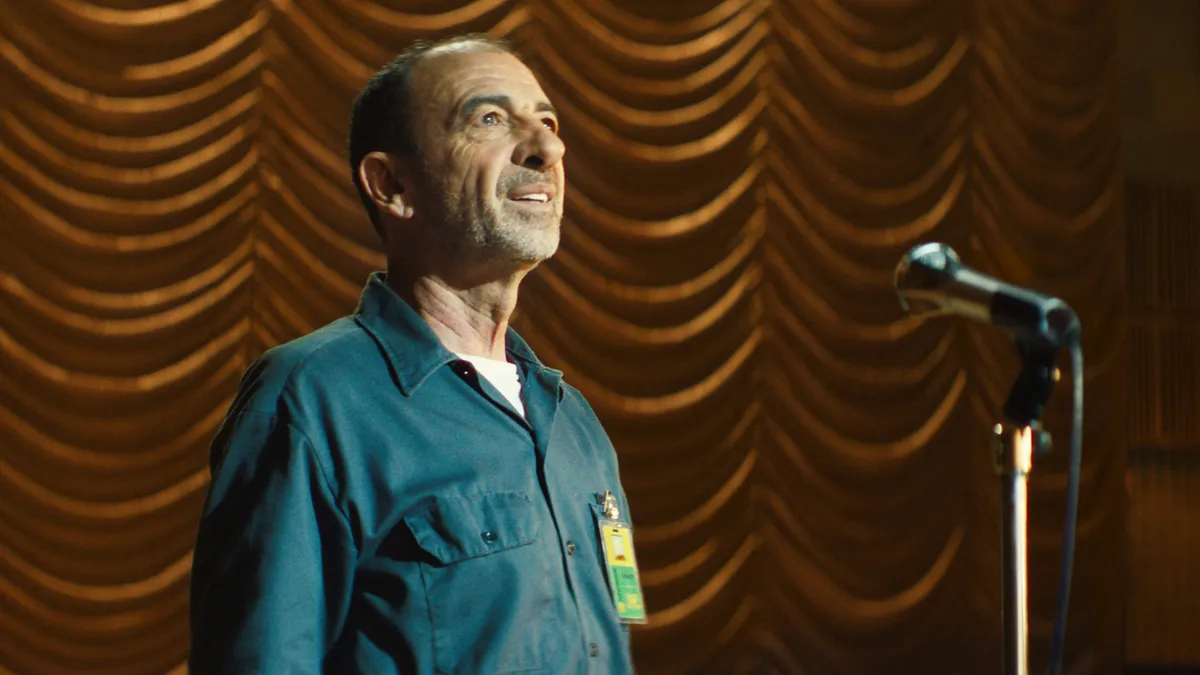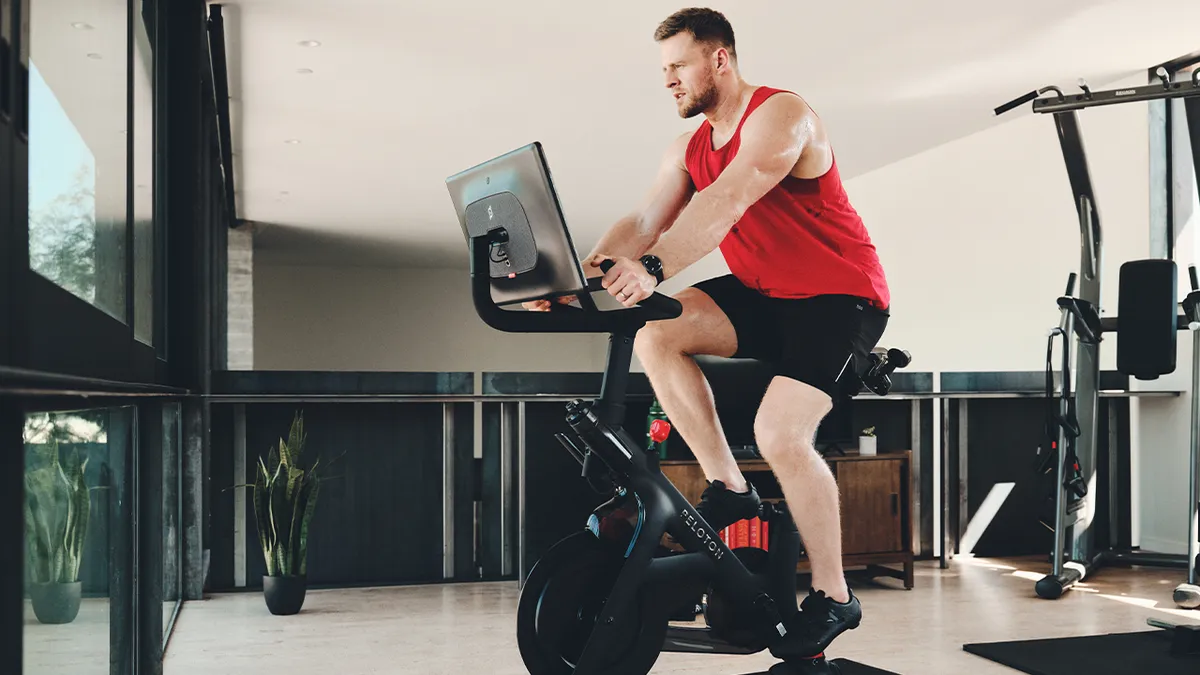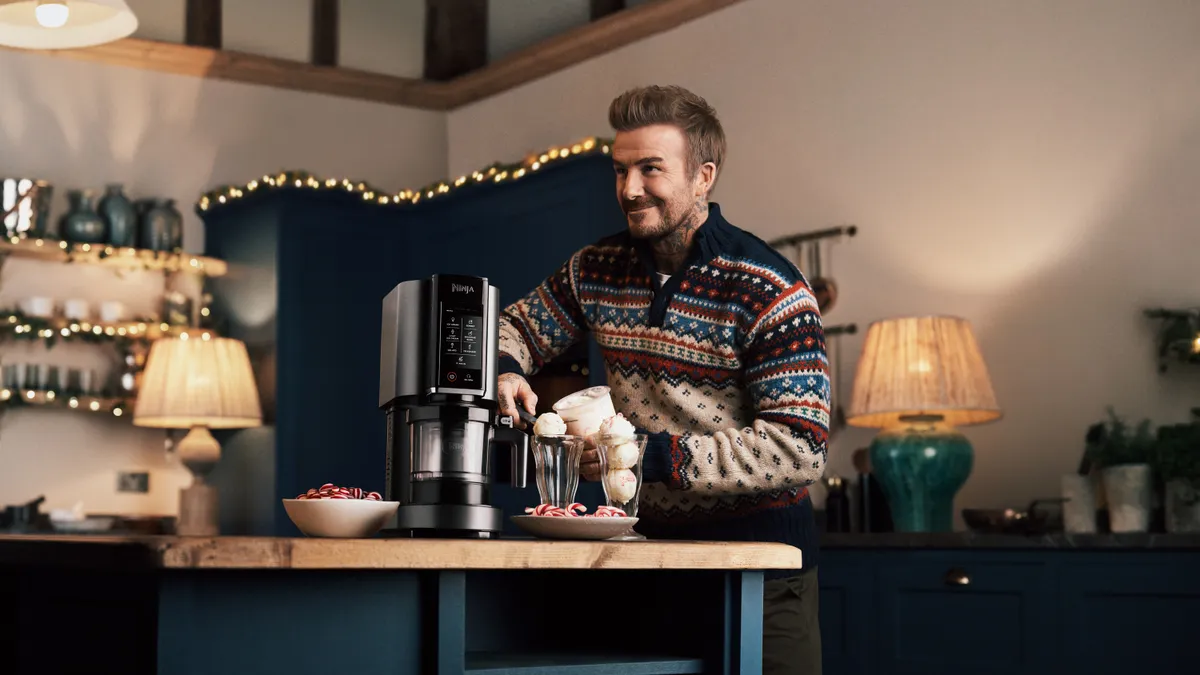The postponement of the Summer Olympics, coupled with the suspension of play across the NBA and NHL, have disappointed fans all over the world. For brands, however, the impact of COVID-19 may require coming up with a new playbook if they want to continue marketing to sports.
For some, that may mean taking money invested in sports marketing and putting it elsewhere, which is what Anheuser-Busch — a major sports marketer — is doing. The beer marketer said this week it will redirect its sports and entertainment investments to its non-profit partners during the COVID-19 health crisis. Some brands may also look for ways to continue to engage sports fans, such as via social media or esports. However, any budgets redirected over the next few months could quickly return to the major sports leagues once games start up again.
"If this continues to go on the way it looks like, it's going to be a big change [for sports marketers]," Fred Schonenberg, founder of New York-based VentureFuel, told Marketing Dive. "People will start looking for new ways to move the needle with that money."
On the bench
Though widely expected, Tuesday's announcement from the International Olympic Committee and the Tokyo 2020 Organising Committee confirmed the dire situation facing companies that have traditionally allocated considerable portions of their ad budgets towards live sports.
While it is still possible the NBA and NHL will resume their regular season once the pandemic caused by the novel coronavirus has been contained, the Olympics represents a harder hit, given the time and resources put into many sponsorships and activations, Jim Kahler, executive director of the Sports Administration program at the Ohio University College of Business told Marketing Dive.
"All of that rework in terms of construction, logistics ... I don't want to say the money goes down the drain, but anyone who was planning to participate [as an advertiser] in Tokyo is going to have to think very carefully about how they can push everything back to 2021," he said.
"We were seeing a lot of brands really excited for this year because the economy was doing well."

Alex Onaindia
CEO, Distinction Agency
While major brands might be able to weather the financial implications of the postponement, smaller ones that invested $10,000 to sponsor an individual athlete were counting on those sponsorships to deliver, noted Alex Onaindia, CEO of Miami-based Distinction Agency.
"We were seeing a lot of brands really excited for this year because the economy was doing well," he said. "It seemed like the perfect time [to sponsor the Olympics] versus Rio four years ago."
The situation isn't much better for advertisers during regular major league sports programming. According to data supplied to Marketing Dive from TV ad measurement firm EDO, live sports events account for eight of the top 10 programs in its SER Index, which measures the effectiveness of a TV ad based on the actions viewers take.
"The unprecedented cancellation of March Madness, in particular, has dramatic implications for advertisers, who spent an estimated $1.126 billion in total on March Madness advertising in 2019 for an estimated 22.5 billion impressions,” the company said.
Meanwhile, last year's NCAA tournament generated about $968 million in advertising revenue, according to S&P Global Measurement, and was tracking to deliver another big year for 2020. Ad spots in the early rounds cost about $60,000 to $75,000, while final-game spots jump to about $950,000.
Emerging tactics to watch
Over the next few months, sports fans will be looking for somewhere to continue congregating, if only virtually, per John Rowady, founder and CEO of integrated sports marketing agency rEvolution in Chicago.
"These audiences now are migrating to these other areas of social media," Rowady said. "While games are not being played, I also find that the entertainment and culture world can show us how to manage these transitions and fill the void. You see concerts being performed right from a musician’s home for example. Those platforms haven't been stopped."
There could even be an upside for both sports leagues that are looking for money once COVID-19 clears up as well as challenger brands that want to stand out, given that traditional sponsors like airlines will be trying to cut costs.
"Sponsorship in certain categories will dry up, which means there might be opportunities you don't typically see," he said. "A lot of these deals are usually held by really exclusive partners."
Esports and other sponsorship alternatives
Another potential marketing pivot is into esports and online gaming, which may include similar fan demographics to live sports leagues. There could be increased investments from brands who have already dipped their toes into esports as well as an openness among brands who have been reluctant to try until now, said Brad Nierenberg, CEO and founder of Washington, D.C.-based agency RedPeg Marketing.
"The CMO is never going to question you for being involved in one of the major league players," Nierenberg said.
The difference is that there isn't always the equivalent of a single entity like the NFL in esports, making it difficult to understand which is the best game to align with to reach a desired audience, he added.
Some organizations have already moved quickly to try and get in front of the cancellations. This includes Las Vegas-based Sports Gambling Podcast, which is running a simulated series of NCAA games on social media.
"Sponsorship in certain categories will dry up, which means there might be opportunities you don't typically see."

John Rowady
Founder and CEO, rEvolution
One potential limitation of esports is that it skews younger compared to live sports like college football, where brands can target older or wealthier fans such as alumni, said Schonenberg of VentureFuel, which is an accelerator that connects brands with innovate startups.
Schonenberg also suggested marketers look for out-of-the-box sporting activities to sponsor, such as OpenSponsorship, a platform designed to automate the matchmaking process for athletes and influencers with brands. These sponsorships could be as simple as supporting athletes who are showing off their training techniques at home via social media, for instance.
Other options include startups like AR-51, which could let athletes who have been tested negative for COVID-19 be filmed in a small three-on-three basketball game that consumers could watch as a 3-D hologram.
Time out
At the moment, however, everyone interviewed for this story agreed that sponsors and leagues are facing questions they’ve never had to wrestle with before.
"I'm curious about is what’s going to happen with those [Olympic] ad slots that NBC sold — do those just roll over into 2021? A lot of regular sponsorship contracts were probably locked in through 2020," Onaindia said. "It's going to be interesting to see to what extent brands go back to the drawing board and renegotiate them."
Even if some budgets get moved into digital or esports, Kahler predicted traditional channels will roar back to life once the pandemic ends.
"We'll see the return of sport before we'll see the return of sports spectators, because there will likely be limited capacities in arenas and stadiums," he said. "As a result of that, you're going to see a spike in TV ratings from 24-40 percent."
Rowady, among others, remained optimistic about the sector's long-term potential.
"Sports coming back will be a lead indicator for everybody looking at the economic recovery [after COVID-19]," he said. "Once we start to see those announcements, you're going to see a whole different attitude across the country. Across the globe, actually."


